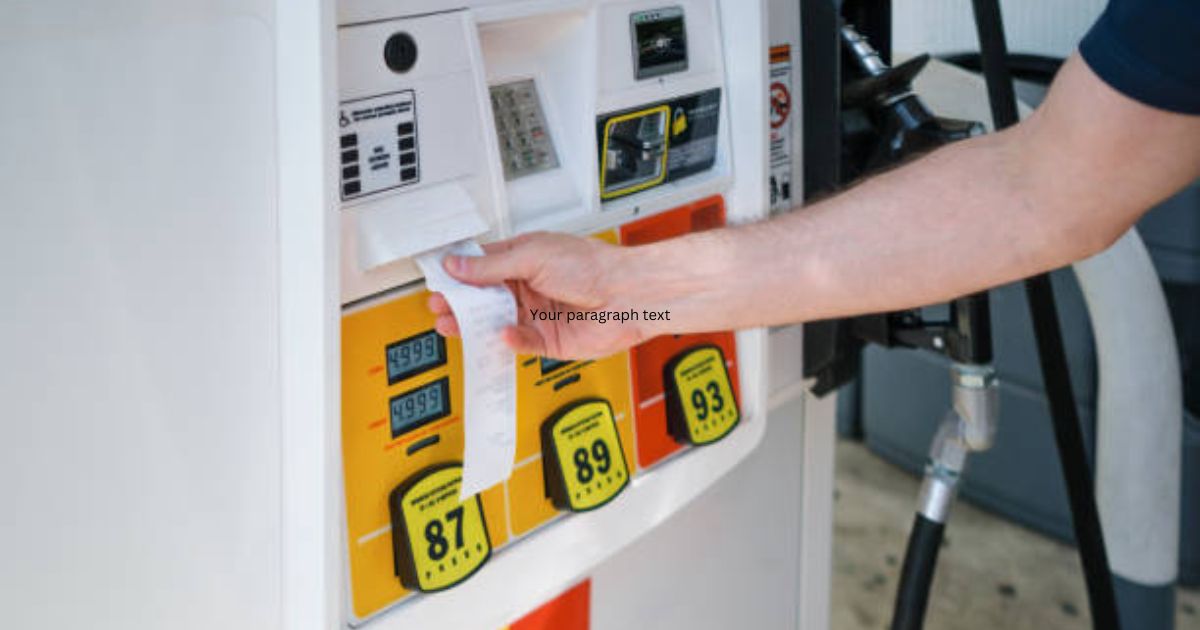Signs of fuel pump going bad, The fuel pump is a key part of your car’s engine. It moves gas from the tank to the engine, which the engine needs to run. If the fuel pump breaks, your car won’t get the fuel it needs and will have problems.
Signs of a Bad Fuel Pump: How to Recognize When It’s Time for a Replacement
Fuel pumps are crucial to the smooth operation of your car’s engine. They ensure that fuel gets from the tank to the engine, where it can be burned for power. However, like any other component, fuel pumps can fail. Recognizing the signs of a bad fuel pump early can save you from getting stranded and facing more expensive repairs.
What is a Fuel Pump?
A fuel pump is a component in your car that moves fuel from the gas tank to the engine. There are two main types of fuel pumps: mechanical and electric. Mechanical pumps are usually found in older vehicles and operate through the engine’s camshaft. Electric pumps, on the other hand, are used in most modern cars and are typically located inside the fuel tank.
Why is the Fuel Pump Important?
The fuel pump plays a vital role in your car’s performance. It ensures that a consistent flow of fuel reaches the engine at the right pressure, which is essential for efficient combustion. Without a properly functioning fuel pump, your car might suffer from poor performance, decreased fuel efficiency, and other engine-related issues.
Common Signs of a Failing Fuel Pump
Hesitation During Acceleration
One common sign of a failing fuel pump is hesitation during acceleration. If you notice that your car doesn’t accelerate smoothly when you press the gas pedal, or it seems to struggle or hesitate before picking up speed, this could indicate that the fuel pump isn’t providing a steady flow of fuel to the engine.
Difficulty Starting the Engine
Another symptom of a bad fuel pump is difficulty starting the engine. If your car takes longer than usual to start, or you need to crank it multiple times before it finally turns over, it might be because the fuel pump isn’t supplying enough fuel to get the engine running properly.
Avoiding Low Fuel Levels
Maintaining at least a half-full fuel tank can help prevent the pump from overheating and ensure it is adequately lubricated. Regularly topping off the tank can significantly extend the life of your fuel pump and improve overall vehicle performance.
Signs of Fuel Pump Going Bad
| Sign | Description |
Impact on Driving
|
| Engine Stalling or Hesitation | Engine struggles to maintain power, especially when accelerating or going uphill. May stall completely at times. |
Loss of power, difficulty driving.
|
| Difficulty Starting | Engine takes longer than usual to crank and start. May require multiple attempts. |
Inconvenience, potential to be stranded.
|
| Reduced Fuel Economy | You notice a decrease in gas mileage compared to normal driving habits. |
Increased fuel costs.
|
| Engine Sputtering or Jerking | Engine feels like it’s running unevenly, with surges or dips in power. |
Unpleasant driving experience, potential damage to engine.
|
| Engine Warning Light | Check Engine Light illuminates on your dashboard. Not a guarantee of fuel pump failure, but can indicate a fuel delivery issue. |
Requires diagnosis by a mechanic.
|
| Whining Noise From the Fuel Tank | Constant whining sound coming from the fuel tank area when the engine is running. |
Annoying noise, potential sign of pump strain.
|
When to Replace Your Fuel Pump
Signs It’s Time for a Replacement
If you experience persistent issues like hard starting, stalling, poor acceleration, or hear unusual noises from the fuel tank area, it might be time to replace the fuel pump. Consistent problems with fuel delivery or abnormal engine behavior are strong indicators that a replacement is necessary.
Choosing a New Fuel Pump
When selecting a new fuel pump, consider compatibility with your vehicle’s make and model. Opt for high-quality, OEM (Original Equipment Manufacturer) parts to ensure reliability and performance. Research and reviews can guide you in choosing a reputable brand and model.
DIY vs. Professional Replacement
Replacing a fuel pump can be a complex task, often requiring special tools and knowledge about your car’s fuel system. If you’re not comfortable working with automotive parts or handling fuel, it’s good to have a professional mechanic perform the replacement. DIY replacements can save money, but only if you have the right skills and tools to do the job safely and effectively.
Recognizing the signs of a failing fuel pump early can save you from bigger headaches down the road. From hesitation during acceleration to unusual engine noises, these symptoms can indicate a pump that’s on its last legs. Regular maintenance, including keeping the fuel tank clean and not running on empty, can help extend the life of your fuel pump. If you do need a replacement, consider the severity of the symptoms and whether you’re equipped to handle the repair yourself or need professional assistance.
A well-maintained fuel pump ensures your engine receives the fuel it needs to perform efficiently, helping you avoid costly repairs and maintaining your vehicle’s reliability. Keeping an eye on how your car runs and listening for warning signs can help you catch fuel pump issues before they become major problems.
FAQs
How long does a fuel pump typically last?
A fuel pump usually lasts between 100,000 and 150,000 miles, though this can vary based on driving conditions, maintenance habits, and the quality of the pump.
Can a bad fuel pump damage the engine?
Yes, a failing fuel pump can cause the engine to run lean (not enough fuel), potentially leading to overheating and damage. If left unchecked, this can result in costly engine repairs.
Is it safe to drive with a failing fuel pump?
Driving with a failing fuel pump is risky. It can lead to engine stalling, which can be dangerous, especially at high speeds or in traffic. It’s good to address fuel pump issues promptly.
What are the costs associated with fuel pump replacement?
The cost of replacing a fuel pump can vary widely, from $400 to $800 or more, depending on your vehicle’s make and model, and whether you choose a DIY approach or professional installation.
Can regular maintenance extend the life of a fuel pump?
Yes, regular maintenance, such as keeping the fuel tank clean, avoiding low fuel levels, and following your vehicle’s service schedule, can help extend the life of your fuel pump and prevent premature failure.





